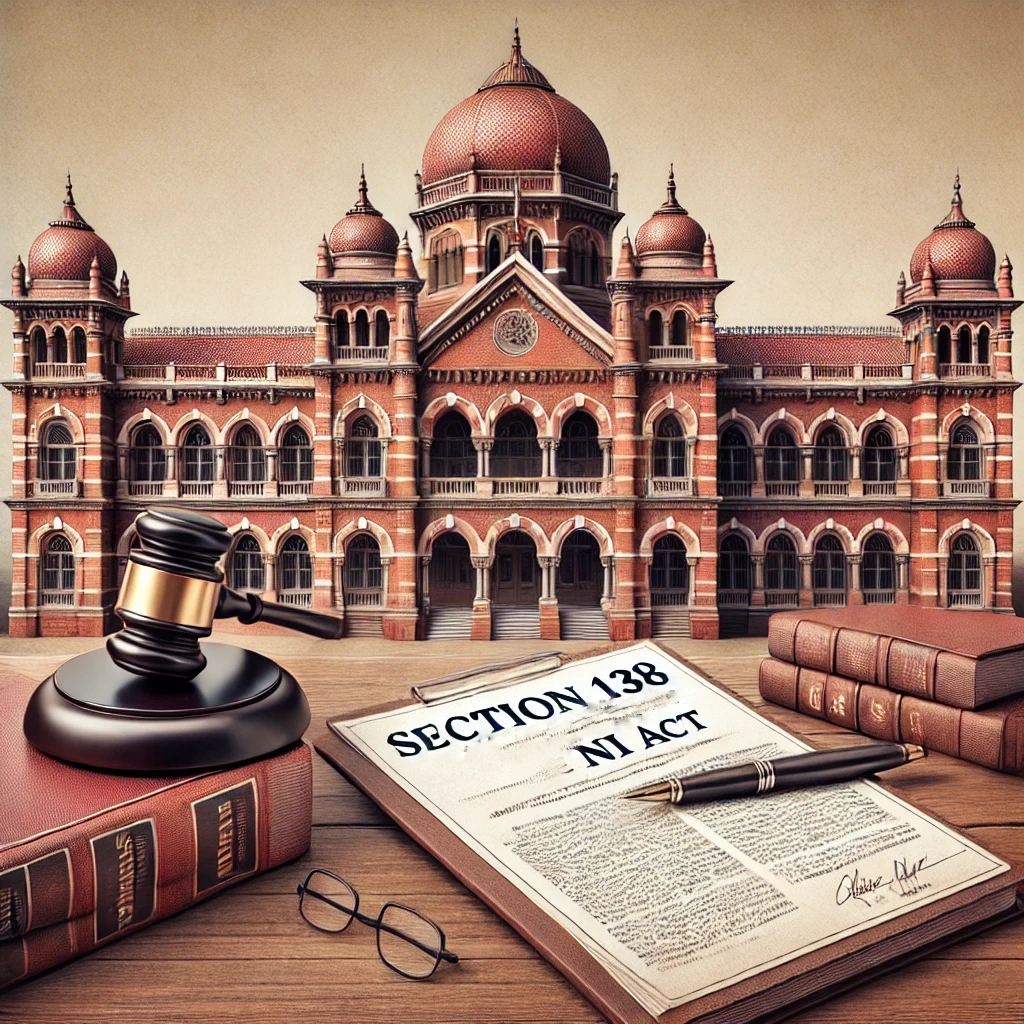Rakia Imran
On 12th February, 2025, a Single-Bench comprising Justice N Anand Venkatesh of the Madras High Court issued a set of directives aimed at streamlining and ensuring the swift resolution of cheque bounce cases under the Negotiable Instruments Act, 1881 (NI Act). These directions are in line with guidelines previously laid down by the Supreme Court in similar matters. The ruling was delivered regarding a plea concerning a cheque bounce case that had been pending before the trial court for nearly three years. The Court took judicial notice of the persistent backlog of such cases in magistrate courts, emphasizing that the delays defeat the very purpose of Section 138 of the NI Act and its related provisions.
The judge highlighted that the Supreme Court had attempted to resolve the problem of cheque bounce case delays by issuing multiple directives, culminating in the suo motu case In Re: Expeditious Trial of Cases Under Section 138 of NI Act, 1881 in 2021. However, the High Court noted with concern that these directives have largely remained unimplemented due to a lack of proper supervision. To rectify this, the High Court took the initiative to consolidate all Supreme Court-issued directions and frame a comprehensive set of guidelines for trial courts to follow. These guidelines, aimed at tackling the growing backlog of cheque bounce cases, will take effect from March 3 and will continue to be in force until the High Court issues further directions in line with the Supreme Court’s orders in its 2021 suo motu case. “These directions shall come into force from 03.03.2025, and shall hold the field until appropriate practice directions are issued by the High Court pursuant to the directions of the Supreme Court in Expeditious Trial of Cases Under Section 138 of NI Act, 1881, In re, (2021) 16 SCC 116,” the ruling stated.
In his efforts to enhance the efficiency of cheque bounce case proceedings, Justice Venkatesh endorsed the use of the National Service and Tracking of Electronic Processes (N-STEP) facility for serving summons. This digital system, which facilitates the electronic delivery of summons, has already been implemented in civil cases handled by the Madras High Court. The judge suggested that extending its application to cases under the Negotiable Instruments Act (NI Act) could significantly improve the speed of legal processes. To move this proposal forward, he referred the issue to the Chief Justice for consideration and an official ruling on whether N-STEP could be used for summons service in NI Act cases. “On the administrative side, the High Court may explore the possibility of extending the N-STEP facility for service of summons which is currently used for civil cases to cases under the Negotiable Instruments Act, 1881 having regard to the fact that the offence has been held to be quasi-criminal in character,” Justice Venkatesh countered.
The Court laid out a detailed framework to regulate the trial process in cheque bounce cases, providing guidance on various procedural stages. The issued directions cover critical elements such as determining whether a trial court should entertain a complaint, the issuance of summons, the provision of interim compensation, and the protocol to be followed after the accused makes an appearance before the court. The Court also elaborated on the expected trial process for such cases. A notable directive mandates that trial courts complete the complainant’s examination-in-chief, cross-examination, and re-examination within three months from the beginning of the trial, aiming to prevent procedural delays and facilitate faster case resolution.
The Court underscored the necessity of adhering to the statutory time frame under Section 143(3) of the Negotiable Instruments Act, 1881, directing trial courts to make all reasonable efforts to conclude proceedings within the mandated period. To ensure widespread implementation of its directives, the Court further ordered that a copy of its judgment be sent to all Principal District Judges in Tamil Nadu, instructing them to relay the information to judicial magistrates handling cheque bounce cases.
Advocate KA Raamakrishnan appeared for the petitioners before the High Court, while advocate M Jothibasu represented the respondents.
Case Name: M/s.Ultimate Computer Care and anr. v. M/s SMK Systems
Citation: Crl OP(MD) No.19778 of 2022
Bench: Justice N Anand Venkatesh

